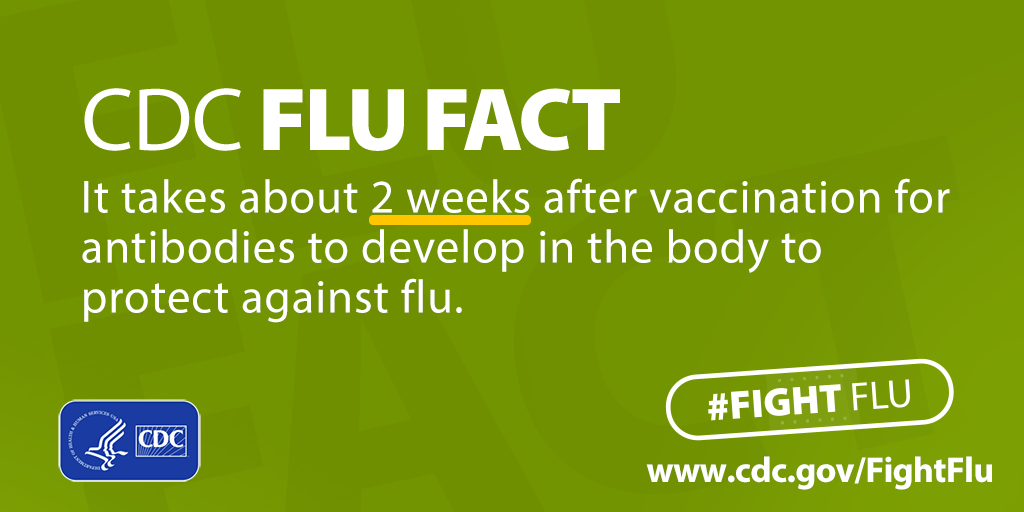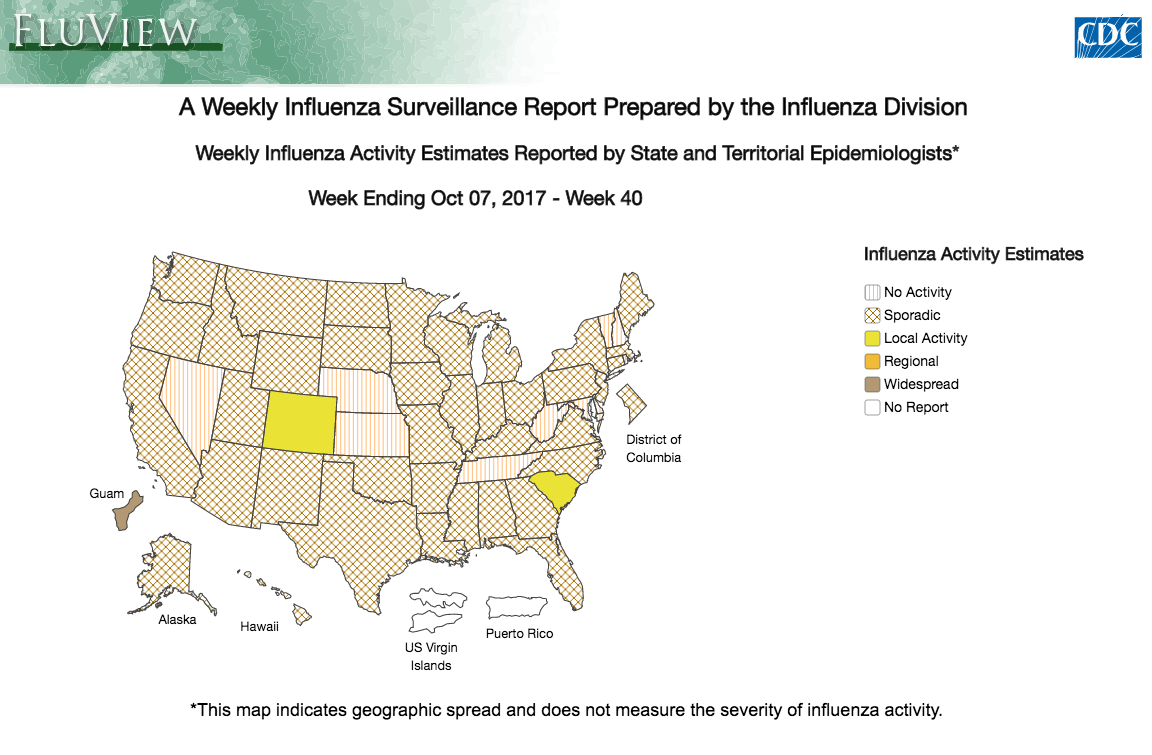Flu season is nothing new. Every year it comes and goes. If you’re lucky, you manage to avoid getting sick. If you’re not as lucky, you could end being sick for weeks. As the temperature drops and we get closer to that time of year, make sure you’re up to date on everything you should know about flu season this year! While a lot is consistent from year to year, there are a few new developments this year that may be interesting. Regardless, it can’t hurt take a few minutes to make sure you’re up to speed.
Everything You Need to Know About Flu Season 2017-2018
New This Year
You may be wondering, what could be different this year? It turns out that there are many new precautionary recommendations. Here’s what you should know about flu season this year.
- Do not use the nasal spray vaccine! Okay, this is more of a renewal than it is entirely new, but the CDC is recommending only the injectable flu vaccine this flu season.
- The flu vaccine is more likely to be effective this year. Flu vaccines have been updated to better match the specific circulating viruses.
- Pregnant? Don’t worry! This year pregnant women may receive any licensed, recommended, and age-appropriate flu vaccine.
- There are two new types of four-component flu vaccines this year.
- Now younger children can receive the quadrivalent flu-vaccine! The CDC has changed their recommendation from 3 years to 6 months.
- For people 5 years and older, the trivalent Afluria is being recommended.
Recommended Vaccines
The flu vaccine is certainly one of the most common vaccines. As mentioned above, the CDC is no longer recommending the nasal spray flu vaccine. That said, there are a number of other flu vaccines that may be effective. Don’t forget to get your flu shot early! It takes roughly two weeks for the vaccine to protect you.
- Standard dose flu shots – This is your generic flu shot that is injected via a needle into a muscle. This is the most common type of flu shot.
- High dose flu shots – Similar to the standard dose flu shot, the high dose flu shot is recommended for older people.
- Shots made with adjuvant – Also meant for older individuals, shots made with adjuvant can be effective.
- Shots made with a virus grown in cell culture – Only recently approved for mass production, these vaccines are an effective alternative to other egg-based alternatives.
- Shots using a vaccine production technology – Also called Flublok Seasonal Flu Vaccine, this is an FDA approved an alternative that does not use eggs or the influenza virus.
Influenza Summary Update
The map above shows current flu activity in the United States. Generally speaking, the influenza virus has not affected a significant amount of the national population. This said, there are a few areas worth noting. In the continental US, Colorado and South Carolina are reporting local flu activity. Looking for your next travel physician job? Colorado or South Carolina may be the right move. While the rest of the states are reporting either sporadic or no activity, the US territory Guam is feeling the effects of the flu most severely. Influenza in Guam is currently widespread. At this point, the other territories, US Virgin Islands and Puerto Rico have not reported any data to the CDC. Given that this map is updated regularly, check back periodically to see how the flu is affecting your community. It is still early in the season, after all.
As a physician, when do you get your flu shot? What points do you make when talking to patients about the importance of getting a flu shot? Share with us in the comments below!



